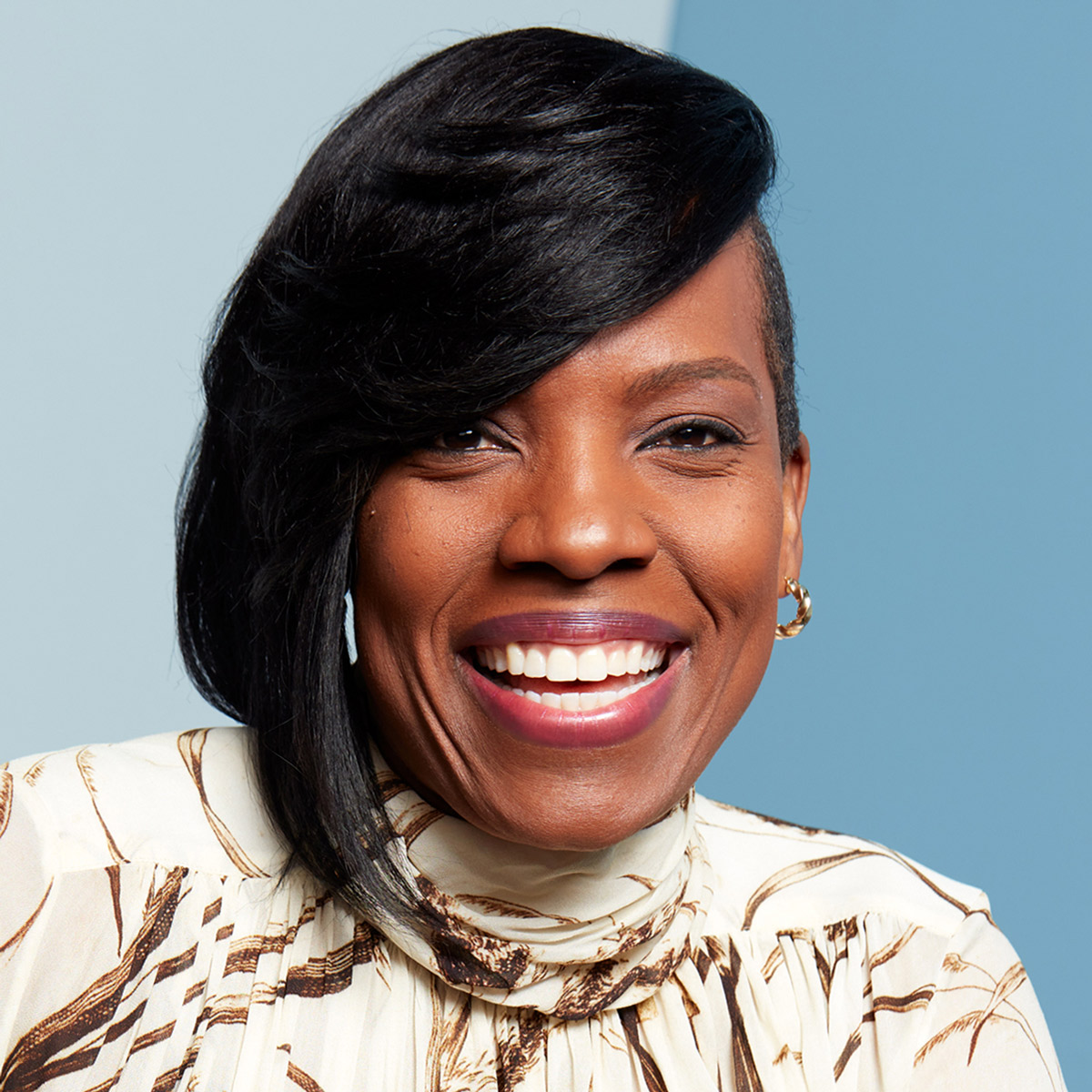Shingles is a painful skin condition caused by the reactivation of the chickenpox virus.
People who are over 50 years old or have a weakened immune system are likely at higher risk of developing shingles during a COVID-19 illness.
The shingles vaccine can keep you safe from developing shingles. You can get the shingles and COVID vaccines at the same time.
Shingles is a painful skin condition that people can develop as they get older or if they have a weakened immune system.
Any type of infection can stress the immune system and cause a shingles outbreak. The virus that causes COVID-19 is no exception. Research continues to show a relationship between COVID and shingles. There are also reports of people getting shingles after the COVID vaccine. But how exactly are shingles and COVID related?
Shingles is a painful rash that develops when the varicella-zoster virus (the virus that causes chickenpox) gets reactivated. Before the chickenpox vaccine, many people got chickenpox in childhood. Even after people completely recover from chickenpox, the varicella virus can stay “asleep” (dormant) in the body by hiding in the nervous system without causing any symptoms. But when the immune system gets weakened, the virus can “wake up” (reactivate) and cause shingles.
Search and compare options
Only people who’ve had chickenpox in the past can get shingles. In theory, people who’ve been vaccinated against chickenpox can develop shingles. But this doesn’t happen very often.
It’s important to recognize shingles when it develops. Shingles can lead to complications like long-term nerve pain and keratitis, a vision-threatening eye infection.
Here are some shingles rash images on different skin tones and various parts of the body.



The virus that causes COVID doesn’t cause shingles directly. But COVID and shingles may be related. COVID illness weakens the immune system, and that can give the virus a chance to wake up and cause shingles. Here’s what the research shows so far:
One study found that people who had serious COVID illness were twice as likely to develop shingles.
Another study showed similar findings. In this study, people over the age of 50 were at highest risk for developing shingles after COVID illness.
Another very large study found that people older than 50 years were 15% more likely to develop shingles if they had COVID illness when compared with people of the same age who didn’t get COVID.
Scientists can’t say for sure that having COVID increases everyone’s risk of developing shingles. But people who are older or have medical conditions that affect the immune system should be aware of this risk.
Can you get shingles twice? Yes, but it’s unlikely. Learn about who’s at risk and how to prevent it.
What does shingles feel like? Three people share their stories on what it was like to experience and manage shingles.
What does shingles look like? See what shingles looks like on different body parts and different skin tones (with pictures).
No. The COVID vaccine doesn’t cause shingles — only the varicella-zoster virus causes shingles. But it’s not clear if COVID vaccines can trigger shingles to develop.
There have been reports of people developing shingles after COVID vaccination. But it’s unclear if these cases are just coincidence or if shingles is a real possible side effect of the COVID vaccine.
One study reviewed reports of people who developed shingles after the COVID vaccine. The study found that many of these people had medical conditions that weakened their immune systems.
In a study from Israel, everyone who got shingles after the COVID vaccine was also taking immunosuppressive medications.
If you have a weakened immune system or are taking immunosuppressive medication, you may be at increased risk for developing shingles after your COVID vaccine. But keep in mind that you may also be at risk for developing shingles from COVID illness.
No. The COVID vaccine doesn’t protect against shingles. The virus that causes shingles is different from the virus that causes COVID. So the same vaccine can’t protect against both viruses.
But there’s an effective vaccine against shingles. The CDC recommends the shingles vaccine (Shingrix) for everyone older than 50 years. The CDC also recommends it for anyone older than 19 years who has a weakened immune system.
If you’re at higher risk for developing shingles from COVID or the COVID vaccine, it’s a good idea to keep your shingles vaccination up to date. You can get your shingles and COVID vaccines at the same time.
If you currently have COVID illness, you may be able get your shingles vaccine as soon as your illness improves and your isolation period ends. And if you have shingles, you may be able to get your COVID vaccine once you’re feeling better.
It’s best to talk about the timing of your vaccines with a healthcare professional. You may need to wait a bit longer before getting vaccinated if you have certain medical conditions or take certain medications.
Yes. It’s possible to get shingles after getting the shingles vaccine. But, it’s very uncommon. Studies show that the Shingrix vaccine is 97% effective in preventing shingles in adults 50 to 69 years old and 91% effective in those 70 years and older.
Yes. It’s possible to get shingles after getting the shingles vaccine. But, it’s very uncommon. Studies show that the Shingrix vaccine is 97% effective in preventing shingles in adults 50 to 69 years old and 91% effective in those 70 years and older.
There are a few different shingles triggers that can cause it to activate. Common ones include:
Getting older
Having a weakened immune system
Having an organ transplant
Physical or emotional stress
Being female
Yes, but it’s unlikely. In fact, one study showed that it happened in about 6% of people. When shingles does happen twice, the interval between episodes is usually years. However in some people, it can be as little as a few months.
Shingles is a painful skin rash that’s caused by the reactivation of the chickenpox virus. Shingles can be triggered by stress, illness, and a weakened immune system. There are reports of people getting shingles with COVID illness and after the COVID vaccine. Research shows that people who are older than 50 years or have a weakened immune system are more likely to develop shingles with COVID illness. Getting vaccinated against shingles can keep you safe from developing the illness.




Images used with permission from VisualDx (www.visualdx.com).
Berg, S. (2023). What doctors wish patients knew about the shingles virus. AMA.
Bhavsar, A., et al. (2022). Increased risk of herpes zoster in adults ≥ 50 years old diagnosed with COVID-19 in the United States. Open Forum Infectious Diseases.
Centers for Disease Control and Prevention. (n.d.). Shingles (herpes zoster).
Centers for Disease Control and Prevention. (2023). Contraindications and precautions: General best practices for immunization.
Centers for Disease Control and Prevention. (2024). Preventing spread of respiratory viruses when you're sick.
Centers for Disease Control and Prevention. (2024). Shingles vaccination.
Centers for Disease Control and Prevention. (2024). Shingles vaccine recommendations.
Furer, V., et al. (2021). Herpes zoster following BNT162b2 mRNA COVID-19 vaccination in patients with autoimmune inflammatory rheumatic diseases: A case series. Rheumatology.
Garg, R. K., et al. (2022). Spectrum of neurological complications following COVID-19 vaccination. Neurological Sciences.
GSK. (2022). New large-scale observational study shows COVID-19 could create vulnerability to shingles for people age 50+.
Iwanaga, J., et al. (2022). A narrative review and clinical anatomy of herpes zoster infection following COVID-19 vaccination. Clinical Anatomy.
Katz, J., et al. (2022). Herpes simplex and herpes zoster viruses in COVID-19 patients. Irish Journal of Medical Science.
Najera, R. F. (2019). Chickenpox vaccine and shingles risk. History of Vaccines.
Triantafyllidis, K. K., et al. (2021). Varicella zoster virus reactivation following COVID-19 vaccination: A systematic review of case reports. Vaccines.
Yawn, B. P., et al. (2011). Herpes zoster recurrences more frequent than previously reported. Mayo Clinic Proceedings.

Get prescription saving tips and more from GoodRx Health. Enter your email to sign up